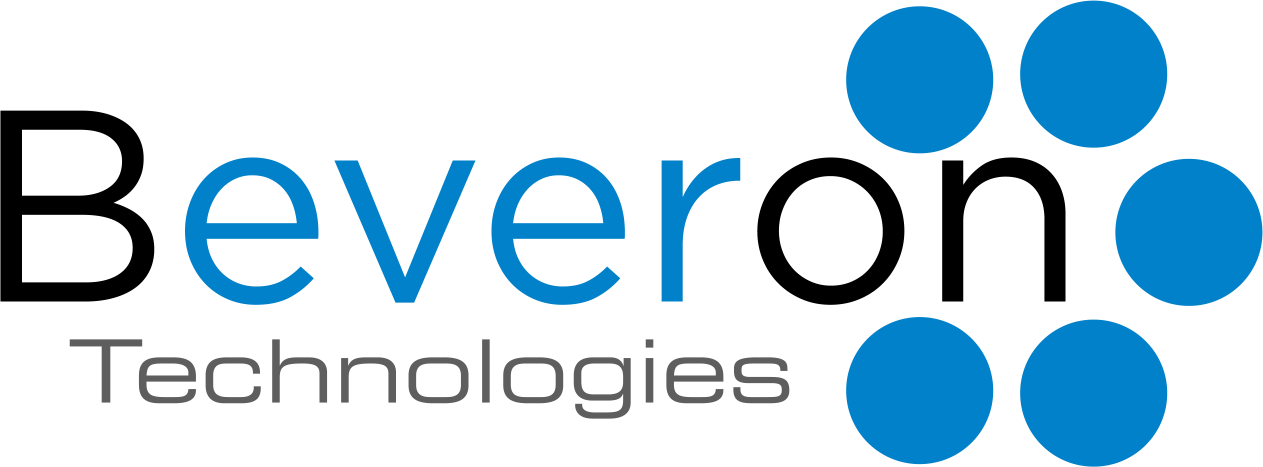What is the legal opinion process in a corporate legal department

What is the legal opinion process in a corporate legal department in Qatar, Oman, Dubai?
A legal opinion process in a corporate legal department is a process by which lawyers in a corporate legal department issue a legal opinion on a legal issue presented to them by a client/business unit within the organization.The legal opinion process in a legal department typically follows these steps:
Request: A client within the organization requests a legal opinion from the legal department. This request may be in writing, oral, or informal.
Intake: The legal department reviews the request to determine the scope of the legal opinion and the resources needed to complete it. The legal department may also ask the client to provide additional information or documentation.
Research: The legal department researches the relevant law and regulations, including statutes, case law, and administrative rulings.
Analysis: The legal department analyzes the relevant law and regulations in light of the facts of the case. The legal department may also consider relevant business and policy considerations.
Drafting: The legal department drafts a legal opinion that sets out the relevant law and regulations, the analysis of the facts, and the legal conclusions.
Review: The legal opinion is reviewed by other attorneys in the legal department to ensure that it is accurate, complete, and well-reasoned.
Issuance: The final legal opinion is issued to the client.
The legal opinion process may vary depending on the size and complexity of the legal department, the nature of the legal opinion request, and the urgency of the matter.
Here are some additional details about each step in the legal opinion process
Request: The client's request for a legal opinion should be clear and specific. The client should identify the specific legal issue(s) on which they need advice. The client should also provide the legal department with all relevant information and documentation, including any contracts, agreements, or other legal documents.
Intake: The legal department will review the client's request to determine the scope of the legal opinion and the resources needed to complete it. The legal department may also ask the client to provide additional information or documentation. The legal department will also assess the urgency of the request and prioritize it accordingly.
Research: The legal department will research the relevant law and regulations, including statutes, case law, and administrative rulings. The legal department will also consider relevant secondary sources, such as legal treatises and scholarly articles.
Analysis: The legal department will analyze the relevant law and regulations in light of the facts of the case. The legal department will also consider relevant business and policy considerations. The legal department may develop multiple legal theories and analyze the strengths and weaknesses of each theory.
Drafting: The legal department will draft a legal opinion that sets out the relevant law and regulations, the analysis of the facts, and the legal conclusions. The legal opinion will be written in a clear and concise manner, and it will be easy for the client to understand.
Review: The legal opinion will be reviewed by other attorneys in the legal department to ensure that it is accurate, complete, and well-reasoned. The reviewers may suggest changes to the legal opinion, and the drafting attorney will make any necessary revisions.
Issuance: The final legal opinion will be issued to the client. The legal opinion should be in writing and signed by an attorney. The legal opinion should also include a disclaimer that the legal opinion is not binding on any court or other government agency.
The legal opinion process is an important part of the role of the legal department. By providing legal opinions, the legal department can help the organization to make informed decisions and to avoid legal problems.Automation is becoming increasingly important in the legal opinion process. There are a number of reasons for this, including increased efficiency, accuracy and reduced costs.As automation technology continues to develop, we can expect to see even more innovative and effective ways to automate the legal opinion process
What is the best Legal opinion tracking software for corporates in Qatar, Oman, Dubai?
Some law departments are using AI-powered legal research tools such as Smart Legal Counsel to quickly and accurately identify relevant legal authorities. This can save lawyers a significant amount of time, especially when researching complex legal issues. Usage of automated drafting tools also used to generate legal opinions. This can help to ensure that legal opinions are consistent and well-written, and it can also save lawyers time.
Best legal opinion tracking software in UAE
Best legal opinion tracking software in Oman
Best legal opinion tracking software in Qatar
If you need a free demo on best legal opinion tracking software, please fill the form below










